Picture of Stephen Hawking
Courtesy UPI/Bettmann
Stephen Hawking
Stephen Hawking is an English astrophysicist who was born in 1942. He is a leader in the fields of theoretical physics and cosmology (the origins of the universe).
Hawking is famous for his studies of black holes, bodies of matter so dense and compact that their gravitational fields trap even light inside. He theorized that black holes in fact do emit some type of radiation and can eventually blow up.
In his early twenties, Hawking was diagnosed with Lou Gehrig's disease, and today is confined to a wheelchair, unable to speak. Nevertheless, he communicates his brilliant ideas with the aid of computers and holds a professorship at the University of Oxford.
You might also be interested in:

What types of instructional experiences help K-8 students learn science with understanding? What do science educators teachers, teacher leaders, science specialists, professional development staff, curriculum designers, school administrators need to know to create and support such experiences?
...more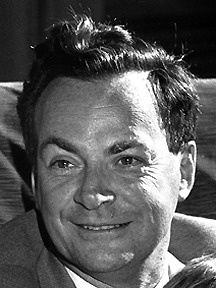
Richard Feynman was an American physicist who lived between 1918-1988. He was one of the most influential theoretical physicists of the twentieth century, contributing to many areas of physics including
...more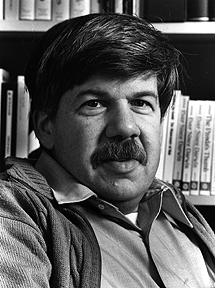
Stephen Jay Gould was an American paleontologist and evolutionary biologist who was born in 1941. He revised Darwin's theory of evolution, introducing his own concept of punctuated equilibrium. This states
...more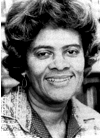
Evelyn Granville is an American mathematician who was born in 1924. She was one of the first black women in the United States to receive a Ph.D. in mathematics. She has made many contributions to NASA's
...more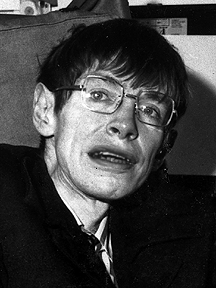
Stephen Hawking is an English astrophysicist who was born in 1942. He is a leader in the fields of theoretical physics and cosmology (the origins of the universe). Hawking is famous for his studies of
...more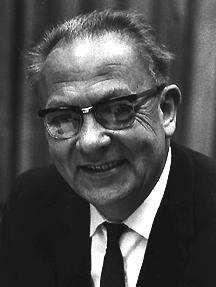
Gerard Kuiper was an American astronomer who lived between 1905-1973. He is considered the father of modern planetary science for his brilliant study of our solar system. Kuiper developed a new technique
...more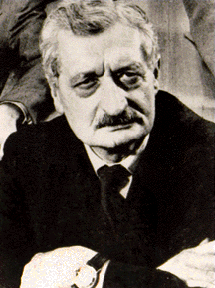
Hermann Oberth, born in Transylvania, Romania, was a physicist who lived between 1894-1989. He became convinced that space travel was possible at an early age, inspired by a Jules Verne science fiction
...more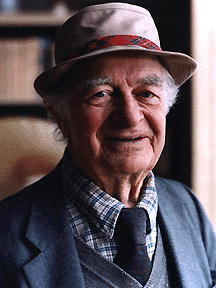
Linus Pauling was an American chemist who lived between 1901-1994. He was the first person to apply quantum mechanics to chemistry, and made great progress in the field of molecular biology. Pauling first
...more














